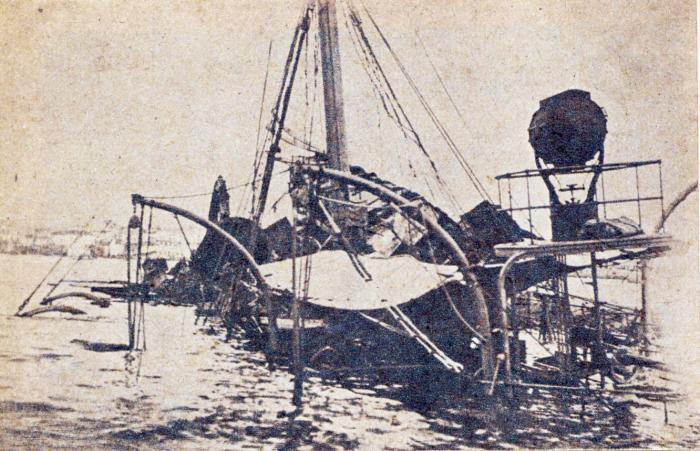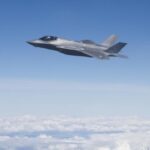Elsa Gómez Valle
An explosion that sank the North American battleship Maine, anchored in Havana Bay occurred on February 15, 1898. Three quarters of the crew perished in the accident.
Today, 125 years after that event, the Cuban people remember this part of history, as the action that provoked the Spanish-American War.
Under the pretext of making a “friendly visit,” the Maine, which was the largest warship that had ever entered Havana Bay at that time, was one more of the villains in the chain of pressure that the US government had been exerting on the Spanish, in what clearly constituted the preparation for intervention, with expansionist purposes, in the war that the Cubans had been waging for three years against the Spanish colonial regime.
Two days after the sinking, the Spanish authorities created an investigation commission that was not given access to the wreckage of the wrecked ship, having to limit itself to exploring the surroundings.
This commission came to the conclusion that the explosion had been, in all probability, internal. Among their arguments were the fact that no water column had been observed at the time of the deflagration, the absence of dead fish in the waters of the bay and the fact that there had been no waves.
Historians agree that the detonation was the North American pretext for meddling in the independence war against Spain, which ended with a military intervention and the establishment of a Republic subject to the interests of the neighboring country.





